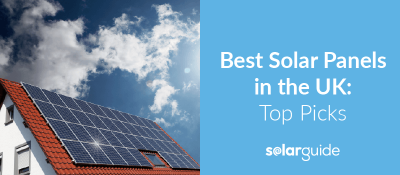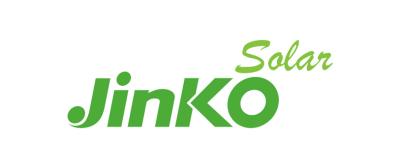Solar Terms Glossary
We've put together a glossary of solar terms and definitions including types of solar power, materials and renewable incentives. Whether you are looking to install solar panels and want more information, or just need to know the definition of a specific solar term, our glossary might have the answer.
Parts of a solar system
Cell A photovoltaic cell is a semiconductor diode that converts light into electricity (direct current/ DC). Multiple solar cells can be connected together electrically to form modules.
Module A group of PV cells sealed in a protective layer to protect them from the environment.
Panel These can include one or more modules wired together to create one whole panel.
Array Consisting of a number of wired together solar panels or modules, an array can vary dramatically in size depending on the system requirements.
Inverter Converts direct current (DC) to alternating current (AC). This means the electricity generated by your solar panels which is DC can be inverted to AC for use from sockets/ outlets.
Collector Often used in reference to solar thermal, collectors absorb solar radiation and transfer the heat into a medium like water or solar fluid for use.
Shingle Solar modules designed to look like and blend in with traditional roof shingles. They are also referred to as solar tiles or slates.
Storage battery These allow you to capture and store energy create by a solar PV system to be used at any time, for example in the evening when panels may not be generating.
Tracker A mechanical system that moves the angle of solar modules or panels to maximise the amount of energy they capture from the sun.
Incentives, schemes and abbreviations
Feed-in Tariff (FiT) This was a scheme set up by the UK government to pay the owner of the system a Generation Tariff for solar electricity produced and an Export Tariff for excess solar electricity which is sold to the grid. The scheme closed to new applications on 31st March 2019.
Renewable Heat Incentive (RHI) A government scheme which awards payments if you install or have already installed renewable heating systems (under certain specifications).
Energy performance certificate (EPC) A certificate which gives a property a rating from A-G based on its energy efficiency. In order to qualify for the FiT payments you must have an EPC for your property, with a minimum energy efficiency rating of D.
Microgeneration Certification Scheme (MCS) A quality assurance scheme which certifies solar technologies and installers. An MCS accredited installer must be used for the installation of a solar system if you wish to receive FiT payments.
Types of solar power
Solar Thermal Also known as solar water heating, solar thermal uses energy from the sun (absorbed by collectors) to heat water.
Photovoltaic (PV) Solar Collecting and converting energy from the sun (solar radiation) into direct current (DC) electricity, which is then inverted into alternating current (AC) for use.
Types of solar installation
Roof mounted Mounting systems are used to attach solar panels to the surface of a roof
Ground mounted Solar arrays mounted on a framework on the ground - often a good alternative for anyone whose property is unsuitable for roof mounted panels.
Farm (also known as solar fields) Large areas of land where solar panels are set up to generate energy at scale.
Concentrated solar Mirrors or lenses are used to concentrate sunlight and using heat to generate electricity. The most common types are power tower, dish, parabolic and linear.
Solar materials
Monocrystalline A kind of photovoltaic cell made from a slice of single-crystal silicon, where the entire cell is oriented in one direction.
Polycrystalline (also referred to as Multicrystalline) A photovoltaic material made up of silicon offcuts, creating tiny individual crystals which are oriented in various directions.
Amorphous A thin-film photovoltaic cell made from non-crystalline silicon that has a more glassy structure.
Energy
Kilowatt (kW) Unit of measurement for electrical power (equal to 1000 watts).
Kilowatt-hour (kWh) A measure of energy equal to using 1000 watts per hour.
Renewable energy Energy generated from a source that is not used up/ depleted in the process. This includes solar, wind and tidal energy generation.
Alternating current (AC) An electric current that constantly changes direction.
Direct current (DC) An electric current that only flows in one direction.
Electrical grid A network of transmission lines that deliver electricity from suppliers to consumers.
Off grid To have no dependence on the grid electricity supply.
Find local, MSC certified Solar Installers
Start your quote
Find local, MSC certified Solar Installers














